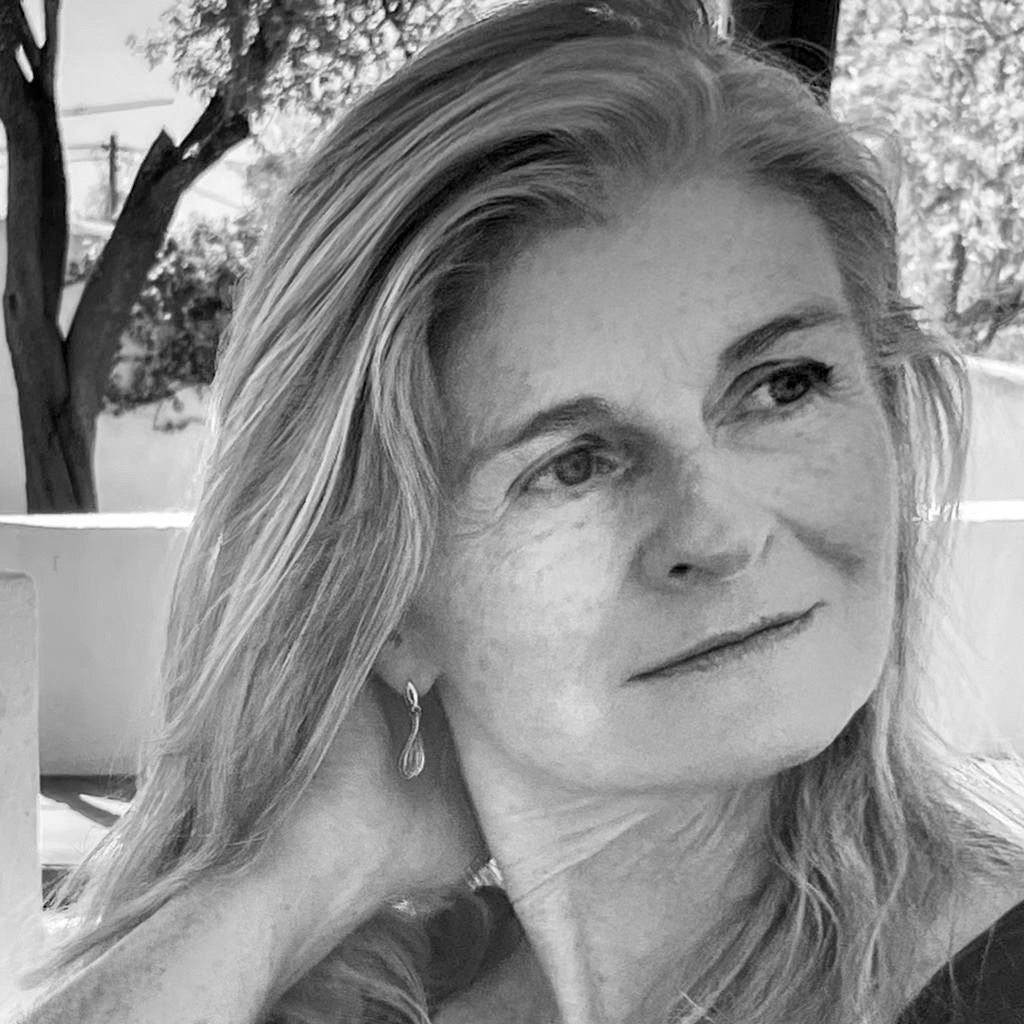“Stay a little longer in the discomfort, it is in the shadows that we find insight and growth,” Dr. Pamela Mclean, Master Coach and Co-founder of the Hudson Institute of Coaching.
This was my key takeaway from last week’s in-person Learning Conference for Hudson coaches. As a first-time attendee, it was exciting to feel the room respond to the challenge.
What does it mean to stay in the discomfort, and what is the importance to us and our clients?
Increasingly, I am meeting with clients who are looking to discover how to lead and be resilient in these uncertain times. If ever there is a time to grow capacity to stay in the unknowing, it is now.
For example, look at the future of coaching. Michael Hudson recounted the journey leadership coaching has taken since its inception 30 years ago when a group of multi-disciplinarians gathered in Chile. It was a pre-digital age, personal computers and smartphones were of the future, and artificial intelligence the stuff of science fiction. How do we continue to grow and develop in this nascent field with rigor?
One answer is in our narratives. We run into them whenever we are doing the work of changing. It might be in the form of a much-loved identity being stripped away and not knowing what’s next. As coaches, we help our clients stay in waters until the mud settles and there is clarity. So, they can step into new territory.
The question then becomes: can we invite people into a space if we can’t hold it ourselves? The notion that awareness actually helps us create change is often overlooked in the change process. Awareness is self-correcting if we attend to it carefully. And, that’s powerful to consider.
We heard from a range of speakers on this. From Bob Anderson (Chairman and co-founder of the Leadership Circle who spoke about the quality of our attunement to the other), Dr. Dorothy Siminovitch (the power of Gestalt coaching), Dr. Melissa Hankins (trauma informed EFT), Aiko Betha, Esq. and Keith Naber (noticing if our clients feel comfortable bringing all their identities), Michael Melcher (creating meaningful connection), Arawana Hayashi (of MIT’s Presencing Institute on social presencing), and Peter Block (focusing on our gifts is more powerful than on our inadequacies and deficiencies).
At this time, we are being asked to shift from knowing to not knowing, from playing it safe to getting developmental, and seeing problems to possibilities to uncover.
The coach says, “I might stop for a moment and share an observation…” This takes courage. And, this is one way a coach can really provide value for a leader.
The last word goes to Albert Einstein: “It’s not that I am smart, but I stay with the question much longer.”






